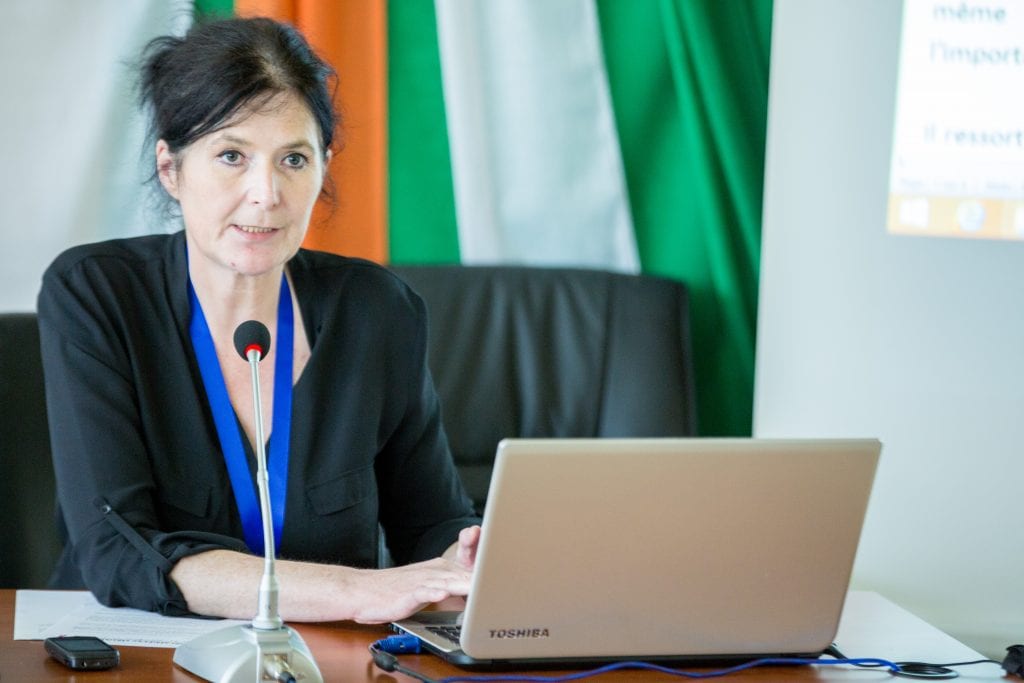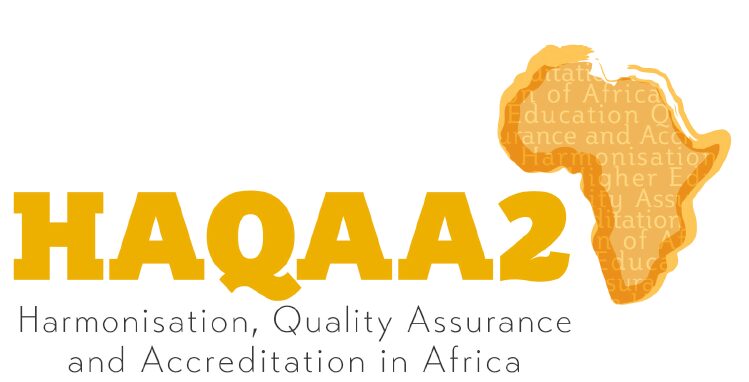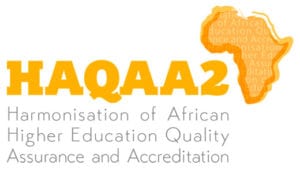The contribution of the Harmonisation of African Higher Education Quality Assurance and Accreditation Initiative (HAQAA)

On 9th March 2020, the President of the European Commission and the High Representative for Foreign Affairs and Security Policy proposed the basis for a new strategy with Africa. The Joint Communication sets out proposals to intensify cooperation through partnerships in five key areas: green transition; digital transformation; sustainable growth and jobs including education, skills, research and innovation; peace and governance; and migration and mobility. It encourages the EU to enhance cooperation with Africa in education, research and innovation. This cooperation must be, both increased mobility of students, teachers, trainers, and researchers, and crucially, increased support for capacity building at all levels: quality training for teachers; the development of research and innovation capacities; harness the interaction between education, science, technology and innovation for improved learning; fostering employability and young people’s sense of entrepreneurship and digital competences.
Based on this document, Europe will continue discussions with African partners and endorse a new strategy at the European Union – African Union Summit in October 2020.
We can also expect that the current challenges the world is facing will be an important focus of these discussions.
The two Commissions met in February in Addis Ababa, with discussions co-chaired by the Chairperson of the AU Commission, Moussa Faki Mahamat, and the President of the European Commission, Ursula von der Leyen, and with 22 EU Commissioners and their eight AU counterparts and Deputy Chairperson. They discussed progress on the priorities set in the 2017 Abidjan Declaration and both sides reiterated their commitment to support multilateralism as an effective modality in addressing global challenges.They also noted the need for harmonisation of higher education to improve relevance of curricula, academic mobility, recognition of qualifications, quality assurance and accreditation, and agreed to support the implementation of the Continental Education Strategy for Africa (CESA).
Under the Africa-EU Partnership, “Investing in people – education, science, technology and skills development”, the EU is supporting the development of the Pan-African Quality Assurance and Accreditation Framework (PAQAF), the African Union’s overriding framework for quality assurance and harmonization of higher education at continental level which consists of the following instruments, some of which are already being implemented and others which still need to be developed:
● African Standards and Guidelines for Quality Assurance (ASG-QA) – developed under HAQAA1 in 2018
● African Continental Qualifications Framework (ACQF)
● African Quality Rating Mechanism (AQRM)
● Addis Convention for Recognition
● African Credit Accumulation and Transfer System
● Continental Register for QA agencies and quality assured higher education institutions
As Africa opens up internal borders through the African continental free-trade area (AfCFTA) and other mechanisms in response to the vision of an integrated Africa, an increased articulation across education systems on the continent is necessary. The EU and the AU’s higher education and scientific community are collaborating to develop robust instruments of quality assurance and harmonization of higher education in Africa, in order to strengthen mutual recognition of qualifications for enhancing intra-African academic collaboration, mobility and skills portability. HAQAA is one of the key deliverables of the Africa-EU Partnership and an important deliverable under HAQAA2 in the coming three years will be the work undertaken for the establishment of a Pan-African Quality Assurance and Accreditation Agency.
The renewed cooperation under the Africa-EU Strategic Partnership will build on ongoing dialogue with African partners and define joint strategic priorities for the years to come. Sharing and pooling tools and knowledge for ensuring access, quality and the relevance of higher education and a transformation of the education and research sectors are urgentin the light of the challenges that COVID-19 has highlighted and we need to use this opportunity to now drive progress.
The proposals set out for the next Africa-EU Summit will build on a growing momentum in EU-Africa relations. Additionally, the conclusion of the negotiations of the new partnership agreement between the EU and the African, Caribbean and Pacific group of States, 2020 will definitely be a pivotal year in living up to our ambition of an even stronger partnership with Africa.
Deirdre Lennan
European Commission

